One and a half million euros for TU/e research on light pollution and plastic waste separation
A total of six projects will receive 4.7 million euros from the NWO and various partners.
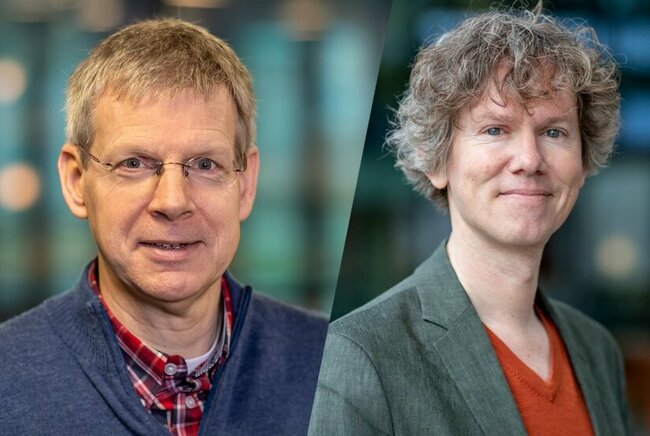
Two TU/e projects have just been awarded with grants from science financier NWO to further their research. The first project from Martijn Anthonissen seeks to combat light pollution, while the second project by Jos Zeegers will look at ways to separate plastic waste through the use of a magnetic liquid. A total of six projects in the Netherlands will receive 4.3 million euros. Industry and other partners are making an additional 400,000 euros available.
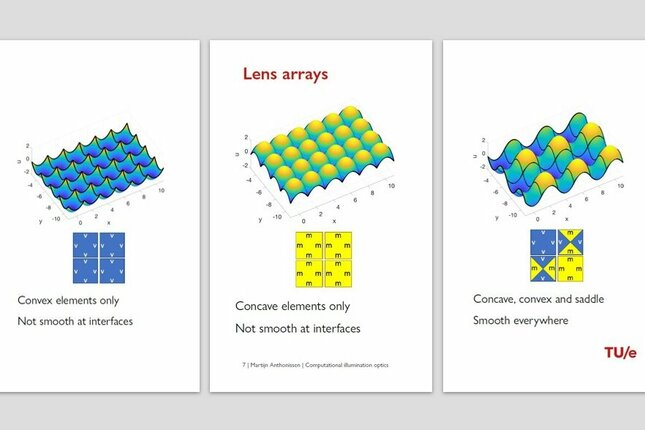
Countering glare and light pollution
The Netherlands is one of the countries with the most light pollution in the world. By this, we mean the excessive lighting of the environment at night, for example by our street lighting or the greenhouses in the Westland, a region in the west of the Netherlands. Animals, but also people, suffer from this because their biorhythms can be disturbed by the excessive light at night.
Not surprisingly, research into other and more focused ways of lighting our towns and cities has been going on for years. And this is where the research group Computational Illumination Optics in the Department of Mathematics and Computer Science of assistant professor Martijn Anthonissen contributes. Anthonissen highlights that it is a team effort, because without professor Wilbert IJzerman and Jan ten Thije Boonkkamp, he could not have written the successful proposal.
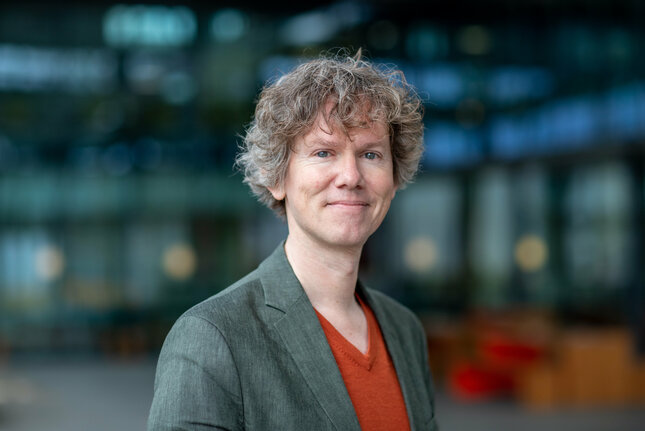
“Lighting works with mirrors and reflection. We use mathematics to adjust, for example, the bulge or surface of the lenses in such a way that light can be directed more precisely, thus reducing light pollution and glare,” Anthonissen explains. With the grant of 600,000 euros, Anthonissen will be able to appoint two additional doctoral students who will do four years of research each as part of the project.
They will work on lenses with a so-called 'saddle surface' (see figure). By properly calculating the concavity and convexity, you can direct the light to where you want it, thus counteracting light pollution and glare.
The research group is working with several partners. Signify, for example, is also contributing by providing some key guidance on design and application. This is bearing fruit because street lighting from this company is already working with the technology developed by Anthonissen's research group.
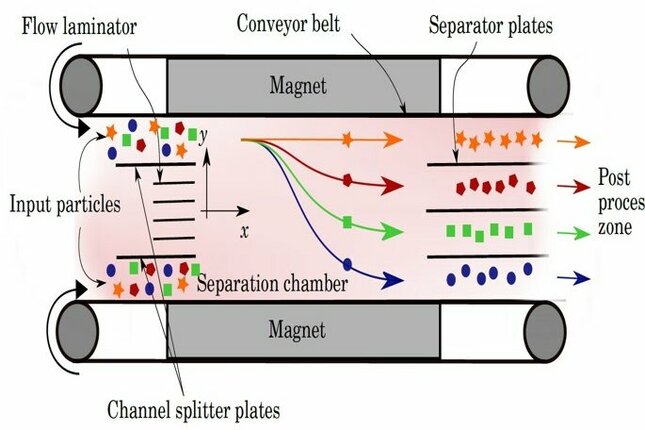
Recycling plastic waste
Together with several partners, NWO has awarded 910,000 euros to Jos Zeegers' research group. He is an associate professor at the Fluid and Flows group in the Department of Applied Physics and Science Education, and he conducts research in the field of fluid dynamics.
His latest research focuses on the recycling of plastic waste, which he works on with Hans Kuerten (Mechanical Engineering) and Rudie Kunnen (Applied Physics and Science Education).
Zeegers: “Magnetic Density Separation (MDS) uses a magnetic fluid in combination with a magnetic field to make plastic waste particles float at a particular height in the fluid, with the height depending on the density of the plastic particle. In this way, different types of plastic can be sorted by mass density and separated simultaneously.”
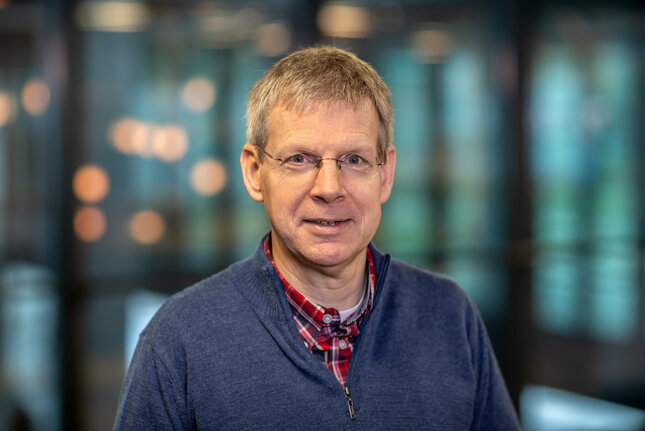
Zeegers has been researching this approach for some time, but the NWO award gives the research a new impetus. “The honor is recognition for research in our group on sustainable technology that can benefit a future, cleaner planet,” Zeegers said.
Open Technology Program
The Open Technology Program provides funding for application-oriented technical-scientific research that is free, unrestricted, and unencumbered by disciplinary boundaries. The program provides a low-threshold way for companies and other organizations to join scientific research that should lead to societal and/or scientific impact.
Latest news

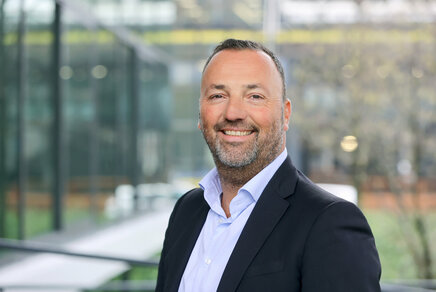
![[Translate to English:] [Translate to English:]](https://assets.w3.tue.nl/w/fileadmin/_processed_/e/0/csm_BvOF%202019_1031_BHF%20license%20TUe%20ILI%20copy_8a50884392.jpg)